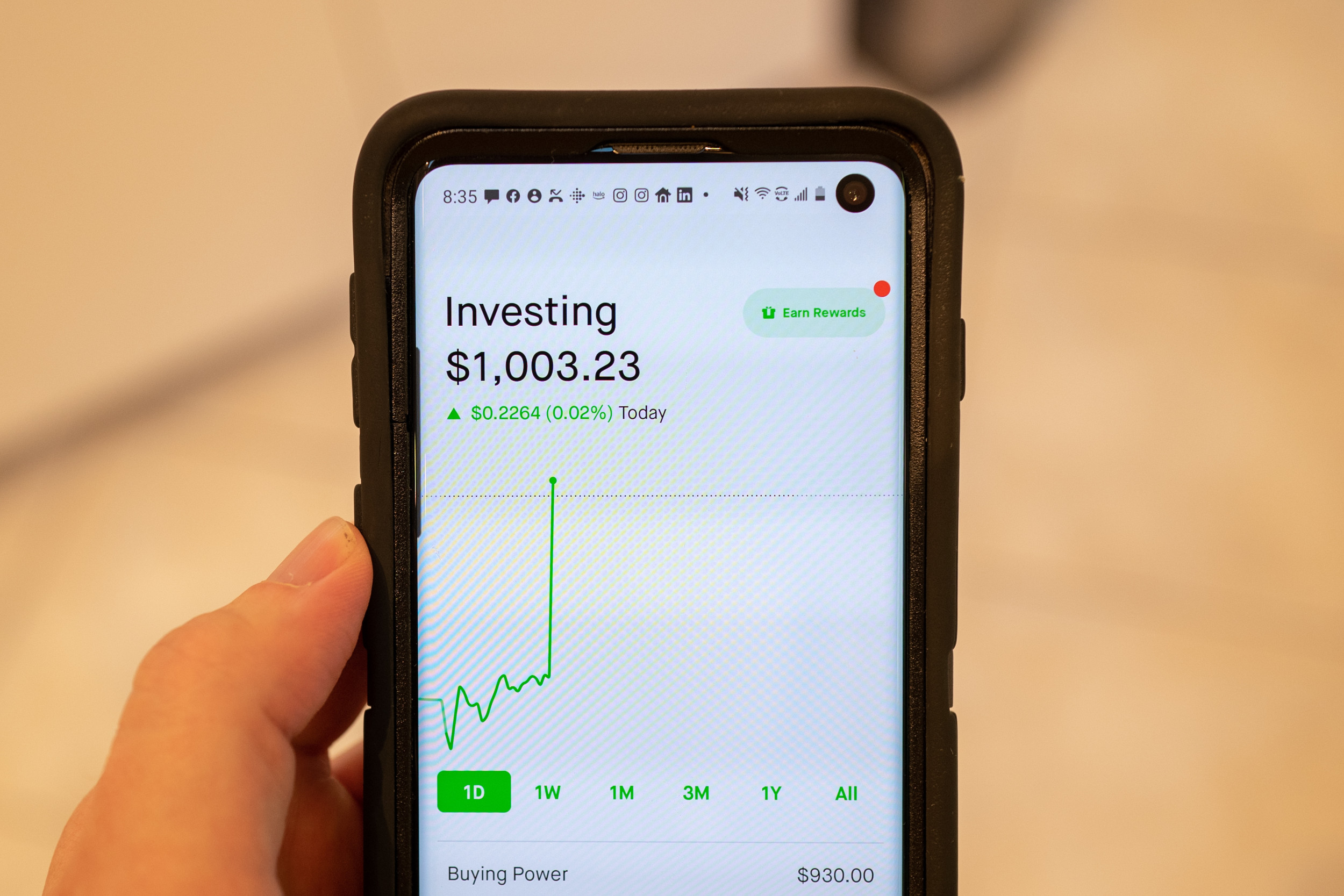
Gen Zers are starting to invest far younger than their elder millennials and Gen Xers, according to a new study from Arta Finance.
While 54 percent of Gen Z respondents in the survey said they began investing by age 21, only 31 percent of millennials and 27 percent of Gen X had done the same.
Why It Matters
Gen Z faces economic turbulence as they start their careers, with skyrocketing student loan debt and inflation on everything from housing to groceries.
However, the interest in saving and investing for the future could indicate the younger generation, which includes those age 13 to 28, is better prepared for the future than previously believed.
What to Know
While 71 percent of millennials surveyed by Arta Finance started investing before age 30, Gen Z is getting an even earlier start, with 54 percent starting their investment portfolios by age 21.
Technology has opened many ways of wealth building to a larger audience, and Gen Z isn't waiting for a specific income range or job title to begin the process, according to the report.
"This has a direct correlation to technology and the accessibility of trading platforms like Robinhood," Kevin Thompson, CEO of 9i Capital Group and host of the 9innings podcast, told Link News. "These companies have done a tremendous job leveraging technology to put themselves directly in front of Gen Z."
Learning about investing early is a positive for Gen Z over the long run, as they have more time to build wealth, but Thompson cautioned the new investors about potential gamification risks.
"My main concern, however, is the gamification of investing. Investment platforms and gaming companies have made the experience engaging to the point where some see it as an alternative to gambling," Thompson said. "This has fueled day trading of meme stocks and increased exposure to volatile assets like cryptocurrency."
If Gen Z invests without becoming addicted to that gamification nature, however, they likely could reap major financial benefits in the coming years.
"Time is your greatest asset when it comes to investing," Emmy Sakulrompochai, head of investment advisory at Arta Finance, said in the report.
"But many people hesitate because they think they need a finance degree or six figures in savings. You don't. What you really need is a bit of guidance, access to quality investment opportunities, and a nudge to get started—even with small amounts. By starting early and staying invested, you can take advantage of long-term market growth and let compounding returns work in your favor."
What People Are Saying
Alex Beene, financial literacy instructor for the University of Tennessee at Martin, told Link News: "Studies have shown that Gen Z is more financially assertive than their millennial counterparts. That, paired with vastly easier and cheaper ways of investing virtually, have given rise to more young adults taking a dip into investments at an earlier age. Still, it's important they understand the difference between investing, which can lead to long-term wealth, and trading stocks, which can be much riskier and result in significant losses if not properly managed."
Drew Powers, founder of Illinois-based Powers Financial Group, told Link News: "It is wonderful to see Gen Z get an early start on savings. The magic of saving money has always been 'time and compound interest,' so with over half of Gen Z saving and investing by age 21, they will benefit from both. It is amazing what a small amount of money can grow to over 40 or 50 years, versus a large amount of money over 4 or 5 years."
Sakulrompochai also told Link News: "Gen Z is stepping into investing earlier than any generation before them, and for good reason. They've grown up with user-friendly, tech-enabled platforms and lower investment minimums that make it easy to put even small amounts to work. Continuous conversations about money and markets are woven into their daily digital lives, so investing isn't a distant 'someday' task, it's simply part of how they manage their finances."
What Happens Next
As wealth building is increasingly democratized, private market opportunities will no longer be off limits to all but the ultra-wealthy, Sakulrompochai said. "By starting young and diversifying broadly, Gen Z gives itself a long runway to harness compounding returns, setting the stage for a generation that is not only more financially literate, but potentially more financially independent and empowered than any that came before it."
Related Articles
- Gen Z Woman Decides To Travel Europe, Tears Over Who She Takes With Her
- Millennial Mom Plays 1990s Song for Teens—No One Prepared for Their Verdict
- Millennial's Realization About Gen Z Phone Calls Sparks Generational Debate
- Woman Makes Horrifying Discovery About Entire Apartment: 'See a Doctor'
Start your unlimited Link Newstrial






